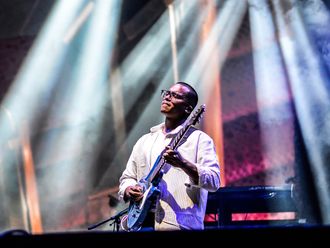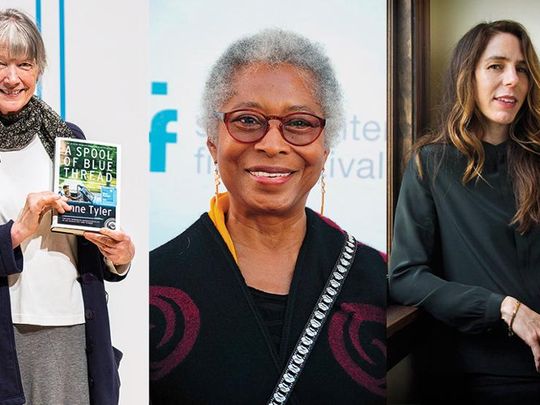
Tom Wolfe, the author of the imperishably entertaining 1987 novel The Bonfire of the Vanities, died recently. Barely had Wolfe’s local thrift store taken delivery of a job lot of white suits when the news came that Philip Roth, another of the grand old men of American fiction, had died too.
Their deaths have led to a collective sense among the American literati that the days in which giants walked the Earth are over. Roth and Wolfe were among the last survivors of the last generation of novelists to be at the centre of American cultural life. Some, such as Saul Bellow, John Updike and Kurt Vonnegut were great writers; the genius of others, like Norman Mailer and Gore Vidal, perhaps lay more in the field of self-promotion. But they were ambassadors for their country, and their exploits, and sometimes even their books, caught the imagination of the rest of the world in a way that succeeding generations have not matched.
But American fiction still needs a figurehead that other writers can look to, even if some of them will only point and jeer.
So who are the candidates to assume the vacant post of Greatest Living American Novelist? I have excluded the mighty octogenarians who are still with us, such as Toni Morrison, Don DeLillo, Cormac McCarthy and Thomas Pynchon (to say nothing of the 103-year-old Herman Wouk), to demonstrate that there are some American writers born after 1940 who are worth reading.
1. Alice Walker
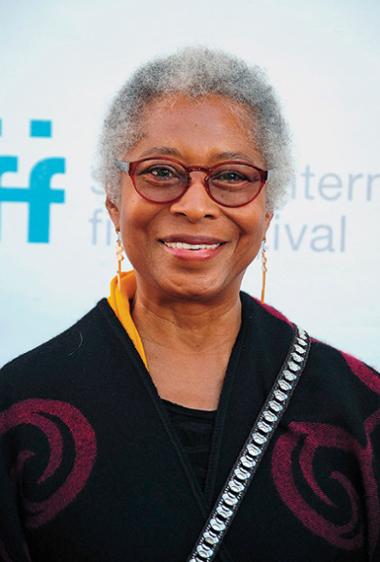
Even the fact that Walker chose a work by the energetic conspiracy theorist David Icke as her favourite book on Desert Island Discs has failed to dent the worldwide affection in which she is held. Novels such as The Color Purple (1982) were pioneering in having African-American women as central characters, and her uncompromising depictions of male sexual violence, which have long made her work the target of censors, seem timelier than ever.
2. Marilynne Robinson
The unprolific author of Housekeeping (1980) and Gilead (2004) has brought to American fiction a spiritual quality rare among her cockily rationalistic generation of writers. As Rowan Williams, Archbishop of Canterbury, once declared “Robinson’s is a voice we urgently need to attend to in both Church and society.”
3. Jonathan Franzen
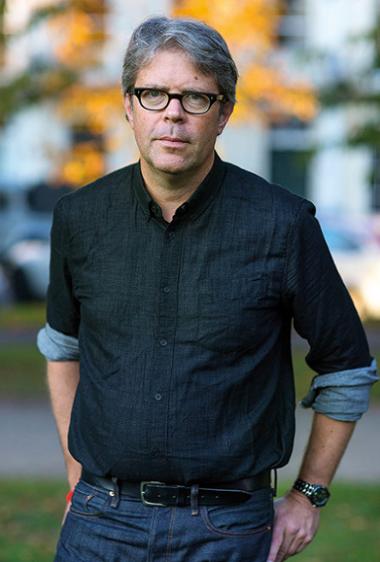
Here’s the difference between the old generation of American novelists and the current one: in 1960, Norman Mailer hit the headlines for stabbing his wife at a party to launch his campaign to become mayor of New York; in 2010, Franzen made the news when somebody stole his glasses at a party in London. But if Franzen’s biography will be a snorefest compared to Mailer’s, I’m not sure Mailer ever wrote anything as good as Franzen’s 2001 novel The Corrections. The cool kids these days deride Franzen as elitist and out of touch, and we fans are getting rather anxious about the non-appearance of the new masterpiece that will put them in their place.
4. Michael Chabon
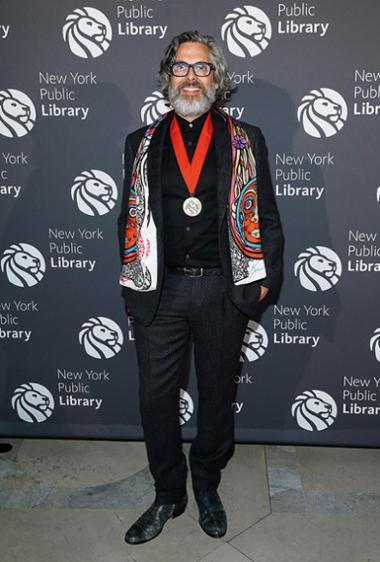
It seems absurd that the author of The Amazing Adventures of Kavalier & Clay (2000), that extraordinary hymn to the golden age of American comics, isn’t recognised as a novelist of the Jewish-American experience worthy of being ranked with Bellow and Roth. But if he were more of a celebrity, he might write fewer books, and that would be a disaster. Few living writers have given me more pure pleasure.
5. Bret Easton Ellis
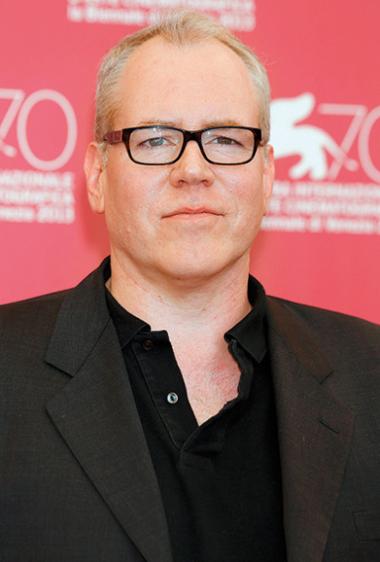
Is the author of American Psycho (1991) a brave soul who goes where no other writer will dare, or a meretricious pornographer of violence? Even his greatest fans have to admit that, like Roth before him, every new book is as likely to be a stinker as a masterpiece.
6. George Saunders
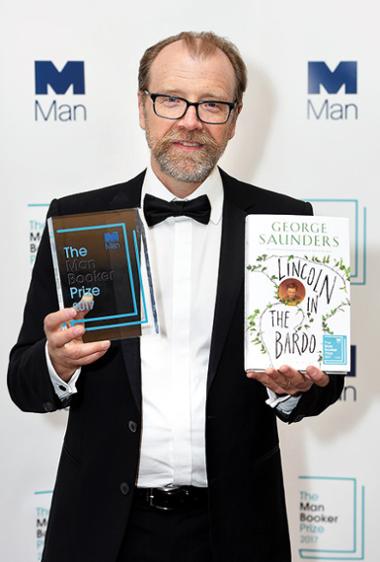
Like Tom Wolfe, Saunders waited until his late 50s to publish his debut novel, but Lincoln in the Bardo was worth the wait, winning last year’s Man Booker Prize and proving that Modernism, if not Postmodernism (or even Post-Postmodernism), could be fresh, funny and deeply moving.
7. Rachel Kushner
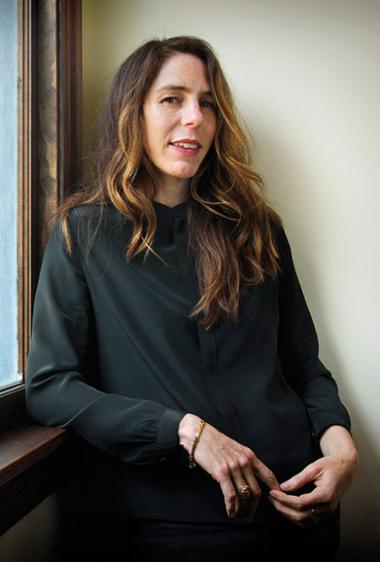
Kushner’s bravura novels, Telex from Cuba (2008), The Flamethrowers (2013) and The Mars Room are abundantly full of life, if not always easy reading. At a callow 50 she is the baby of this list and there is still time for her to become a household name, if we can believe that the days in which experimental novelists could become celebrities are not over.
8. Anne Tyler
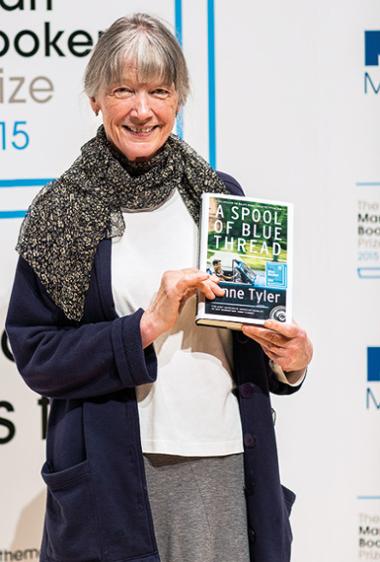
Just as Jane Austen happily worked on a narrow canvas, so Tyler, the author of The Accidental Tourist (1985) and Dinner at the Homesick Restaurant (1982), rarely strays from her regular subject matter of ordinary families in Baltimore (and her depiction of the gentler side of the city is not one that fans of The Wire will recognise). But, like Austen, her unflinching insights into human nature can be shocking, and the more so for being conveyed in prose so homely and unflashy.
9. Stephen King
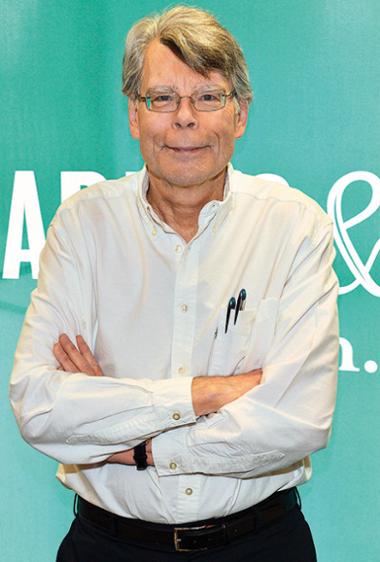
I’m sorry to get Roth and Wolfe turning in their graves before they’re barely cold, but, although they’d loathe the idea, there’s a strong possibility that King may now be America’s greatest living novelist. Like Dickens and Mark Twain before him, I suspect he will endure long after his more self-consciously “important” contemporaries have been forgotten. The author of It (1986) and The Shining (1977) as the next winner of the Nobel Prize in Literature? If recent events in America have taught us anything, it’s that the things nobody thinks will happen do happen.
10. Percival Everett
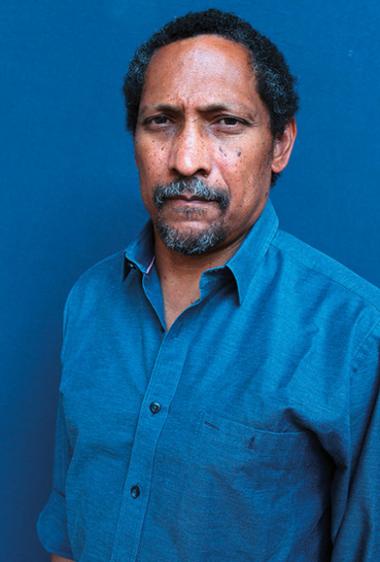
The underrated Everett writes many different types of fiction, but his masterpiece is Erasure (2001), in which an African-American author of elegant, Everett-esque novels is told by his publisher that his writing is “not black enough,” so he ends up publishing a semi-literate pastiche entitled F-- under a pseudonym, and impersonating its non-existent author on the chat-show circuit.



